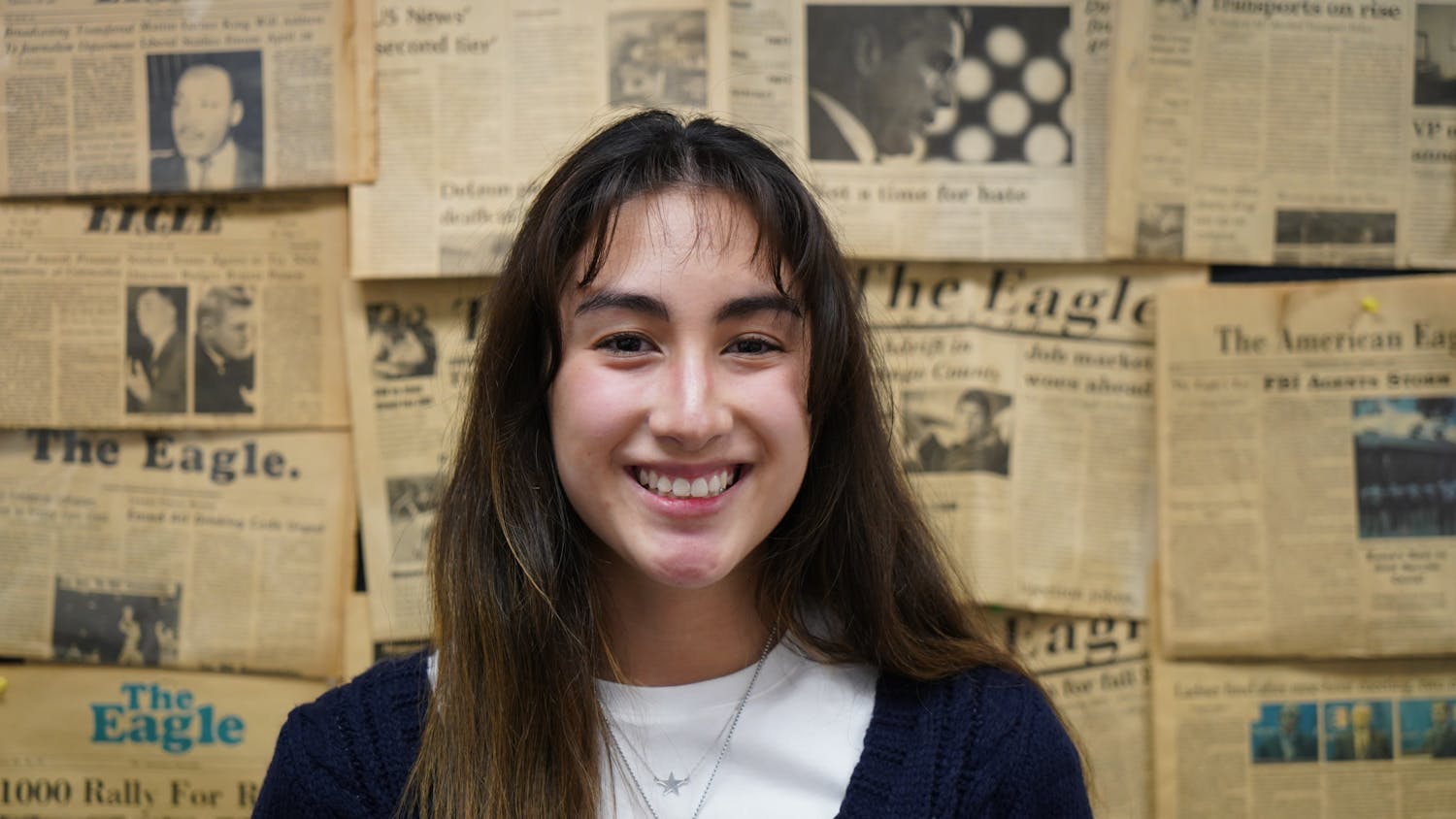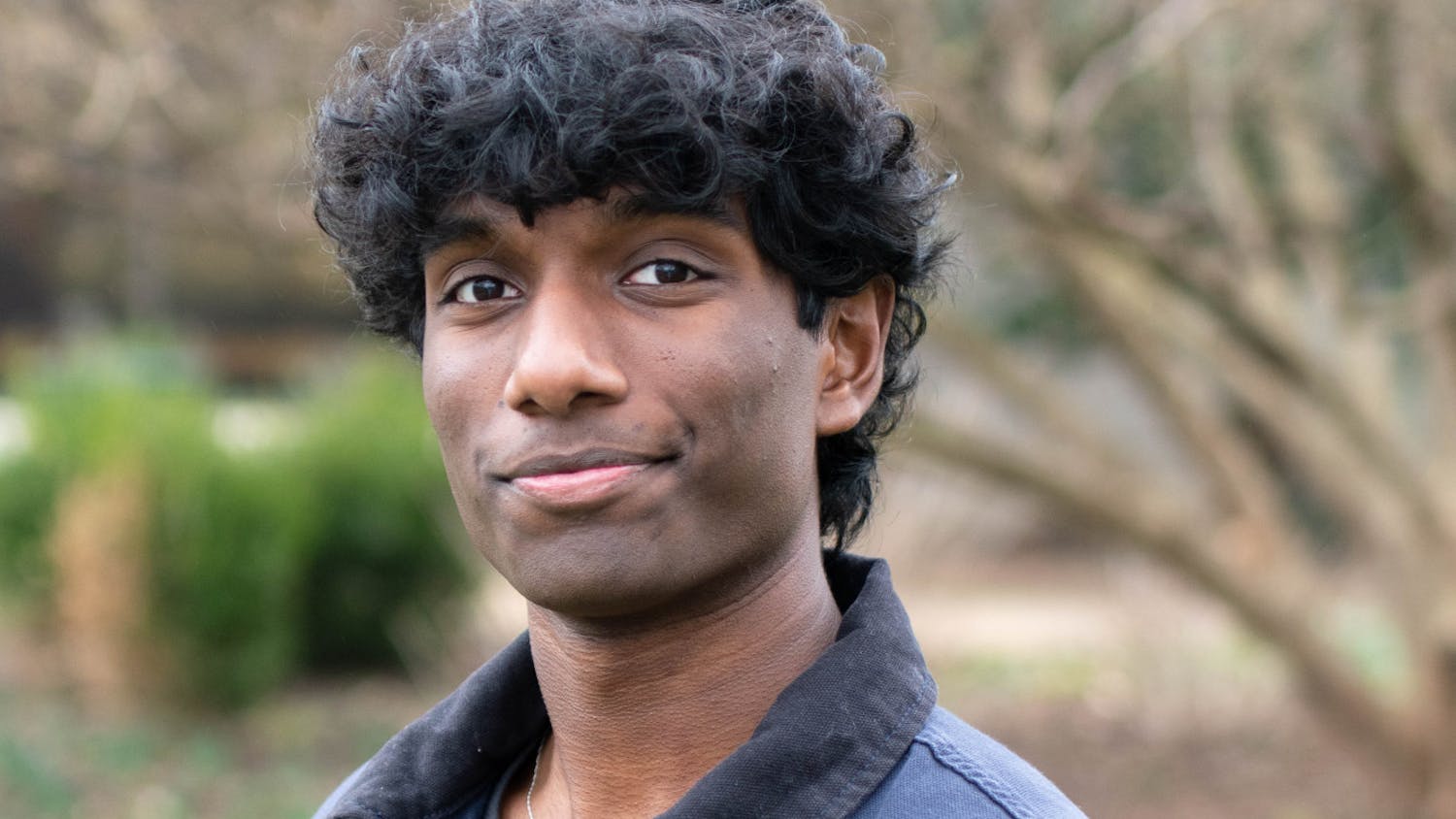AU Students for Choice is here to engage the AU community in a discussion about the origins of the
pro-choice movement, its evolution and where it’s going. In order to achieve our vision for the future we have adopted the framework of reproductive justice, a term created by activists from the global South in the 1990s, which aims to create a world where all people have the resources, power and ability to make the decisions they want for the betterment of their bodies, families and communities.
The anti-choice movement often points out that Margaret Sanger, founder of the organization that later became Planned Parenthood, was a eugenicist and uses this fact in an attempt to undermine the entire pro-choice movement (which existed long before Sanger was born). But racism underlies many social justice movements, just as it does our society as a whole. This doesn’t mean we should abandon our beliefs about bodily autonomy: it means we need to own up to the actions of activists before us and embrace the challenges that face us today as we fight for a world where all people can craft the types of lives, families and communities they desire.
The organization Sanger founded went through multiple changes before becoming the Planned
Parenthood we know today, as has the pro-choice movement. When family planning and abortion are labeled as inherently racist by opponents of choice, it demonstrates a lack of historical knowledge and is intellectually lazy, as is a Holocaust comparison (not to mention incredibly offensive). Family planning and abortions have been performed for thousands of years, arising from women acting of their own volition in order to survive.
As shown by its oversimplification of racism, the anti-choice movement (itself, adopting racist tactics) refuses to recognize the complexities present in each of our lives. The choice to have an abortion is not an easy one. It is not simply about the quality of life of a potential child nor is it simply about the ability of a parent to care for it. It isn’t our place to say what another person is thinking: for one family, having a child with intellectual disabilities may be incredibly financially difficult; for another, they may welcome the pregnancy, no questions; others may fall somewhere in between. As third parties, it is not our place to say who is deserving of an abortion. Being pro-choice is about affirming individuals’ authority concerning their bodies and lives. We are responsible for our own lives: no one else can understand as intimately as we do the delicate and overlapping elements of our distinct lives.
That said, the worry of a eugenics resurgence isn’t something to be ignored. What if genetic testing for the gay gene becomes available? Many families do choose to have sex-selective abortions, just as many pregnancies are ended because of predicted intellectual disabilities and fetal abnormalities. These are legitimate points of concern, but concluding that the solution is to ban all abortions is absurd. Each of these “concerns” speaks more to whom our culture values than the immorality of a medical procedure.
Clearly, our society doesn’t value gay people, women or those who are different from the norm. In
2006, over 150 women incarcerated in California prisons were forcibly sterilized. The founder of
Project Prevention, an organization that goes into low-income neighborhoods, specifically targeting
women of color and offering financial incentives in exchange for sterilizations, was quoted as saying “We don’t allow dogs to breed. We spay them. We neuter them. We try to keep them from having unwanted puppies, and yet these women are literally having litters of children.”
This tells us that people who are or were incarcerated, people who are low-income and people of color are not valued either. The appropriate response to all of this is to address the underlying culture that privileges some beings have over others, and to correct the systemic disadvantages that uphold those privileges. Why is the response to families who chose to abort over intellectual disabilities to shame and stigmatize their decision? Don’t they deserve to be trusted to make the decision that makes sense for their lives?
Abortion is an issue of bodily autonomy- there is no debate. Just as the queer rights movement is about ensuring that everyone has rights to control their own bodies and sexualities without societal or governmental repercussions. Reproductive justice means fighting for everyone, regardless of gender identity, sexual orientation, ability, race, or religion, to have the power and resources to make decisions about their reproductive health. This is what AU Students for Choice stands for.
Written by Abby Dunn, a sophomore in the School of Public Affairs, Amanda Gould, a freshman in the School of International Service, Dakota David, a senior in the College of Arts and Sciences, and Elana Kessler, a senior in the School of Public Affairs, on behalf of the AUSC Organizing Collective. They can be reached at aus4choice@gmail.com.




